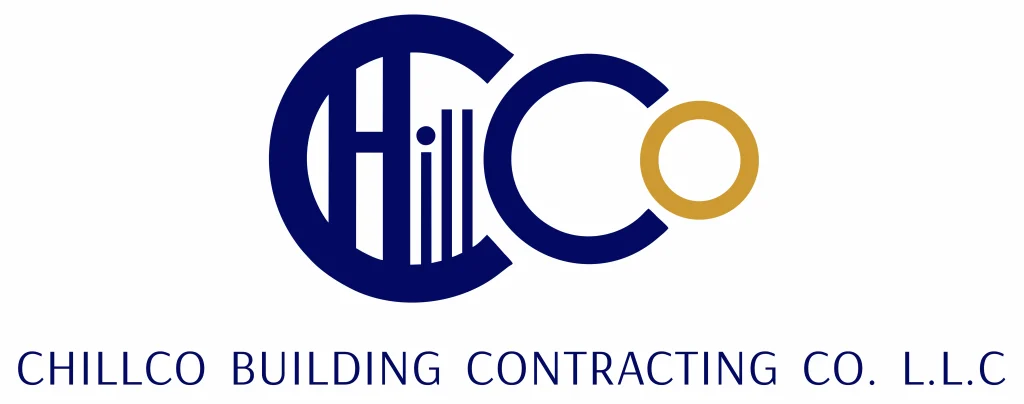As Dubai continues its rapid expansion with a skyline that rivals the world’s most iconic cities, the complexity and scale of construction projects are growing. From ultra-luxury villas in emerging residential zones to expansive commercial and infrastructure ventures, every successful build in the emirate shares one vital element: effective project management.
Project management is the invisible engine driving a construction project from concept to completion. In a market as competitive and fast-paced as Dubai, where precision, deadlines, and budgets are critical, the role of a project manager can make or break the entire operation.
Understanding Project Management in Construction
Project management in the construction sector involves overseeing the planning, design, and execution of a project. Unlike other industries, construction project managers must juggle a wide range of responsibilities: coordinating with architects and engineers, managing timelines, securing permits, tracking budgets, sourcing materials, and communicating with stakeholders.
In Dubai, where innovation meets regulation, the complexity deepens. Timely approvals, adherence to safety codes, and alignment with sustainability targets require a project manager with not just expertise but foresight and adaptability.
Why Project Management Is Especially Critical in Dubai
Dubai’s ambitious construction environment demands a meticulous approach to coordination. Here’s why project management is particularly vital in this region:
1. Multicultural Teams and Communication Barriers
Construction projects in Dubai often involve multinational teams—contractors, consultants, laborers, and suppliers from various cultural and linguistic backgrounds. A skilled project manager bridges communication gaps and fosters collaboration, ensuring everyone is on the same page. Multicultural Teams and Communication Barriers
2. High Expectations From Clients
Whether it’s a luxury villa or a commercial high-rise, clients in Dubai expect nothing short of excellence. Project managers must translate these expectations into actionable tasks and ensure the vision aligns with reality, down to the smallest detail.
3. Fast-Track Timelines
Dubai’s development model often involves aggressive deadlines. From residential developments in up-and-coming communities to world-stage events like Expo 2020, project managers must maintain pace without compromising quality or compliance.
4. Strict Regulatory Environment
Dubai Municipality, Trakhees, RERA, and other governing bodies have clear but stringent construction guidelines. A proficient project manager understands these regulatory frameworks and ensures the project stays compliant from start to finish. Strict Regulatory Environment
The Phases of Effective Project Management
Let’s break down what effective construction project management looks like, especially in the context of Dubai’s market.
Phase 1: Initiation and Planning
This stage involves detailed feasibility studies, site analysis, and risk assessments. In Dubai, this phase may also include alignment with master development guidelines, especially for projects in planned communities like Dubai Hills or Palm Jumeirah.
Phase 2: Design and Pre-Construction
Project managers coordinate with architects and MEP engineers to finalize plans, prepare tender documents, and set procurement strategies. They also manage approval submissions to local authorities, which is particularly important in Dubai’s tightly controlled building sector.
Phase 3: Execution
This is where things get real—materials arrive, crews mobilize, and construction begins. The project manager monitors quality control, schedule adherence, and health and safety standards. In Dubai, this includes making sure sustainability requirements (like those set by Estidama or LEED) are being met.
Phase 4: Monitoring and Control
Constant oversight is required to track costs, manage change orders, and communicate with stakeholders. Technologies such as Building Information Modeling (BIM) and construction management software play a growing role in Dubai, helping streamline these efforts.
Phase 5: Handover and Closeout
A professional closeout ensures that all punch-list items are addressed, final inspections are passed, and documentation is provided. In Dubai, this also involves compliance sign-offs from regulatory authorities and often handover to facilities management teams.
Emerging Trends in Project Management
The landscape is evolving, and Dubai is at the forefront. Some trends shaping construction project management here include:
-
Digital Transformation: Project management platforms are enabling real-time updates, cloud-based document management, and seamless collaboration. BIM, drones, and AI-based scheduling are becoming standard tools.
-
Sustainability Metrics: More project managers are being tasked with ensuring buildings meet green standards and energy efficiency goals.
-
Remote Site Management: With smart wearables, site cameras, and automated reporting tools, project managers can oversee multiple sites without being physically present at each one.
Behind every iconic tower or serene luxury villa in Dubai lies a carefully coordinated effort led by a seasoned project manager. Their role goes beyond timelines and budgets—they are the linchpin holding together creativity, compliance, client expectations, and on-the-ground execution.
As Dubai’s construction scene continues to evolve, investing in skilled project management isn’t just a smart move—it’s essential for long-term success.
Whether you’re a client seeking a hassle-free construction journey or a contractor aiming for excellence, understanding and prioritizing project management is the foundation for building not just structures, but lasting value.

